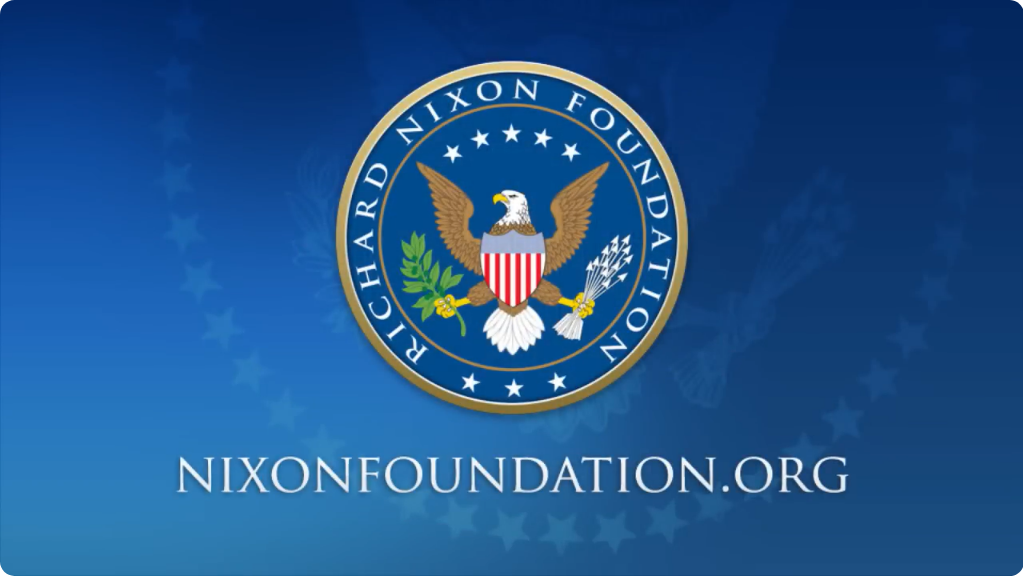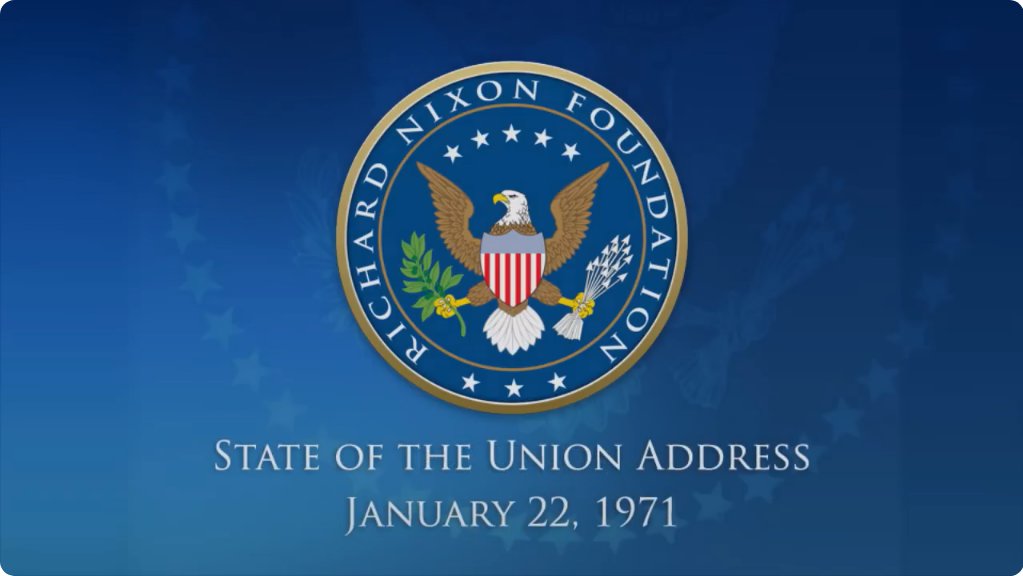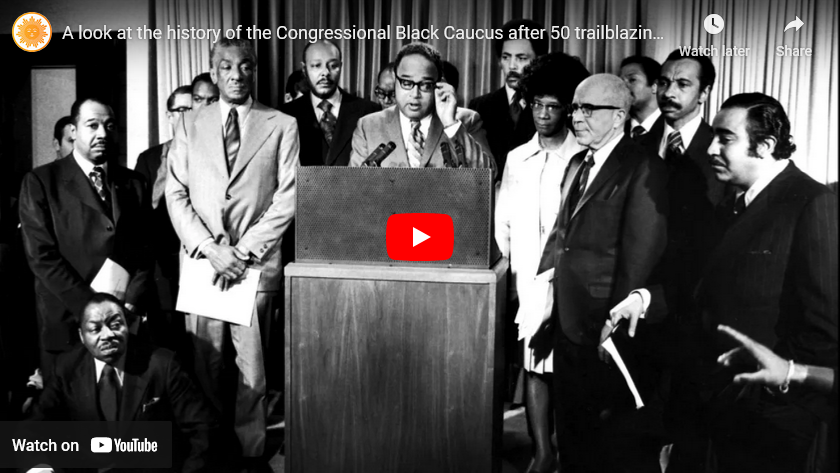The Congressional Black Caucus was formed on January 4, 1971 but was not formally recognized until March 30, 1971 by President Nixon until March 30, 1971 after members boycott refused to attend his January 22, 1971 State of the Union Address.



The Congressional Black Caucus (CBC) is an organization of African American members of the United States Congress. It was established in 1971 to address the legislative concerns of African Americans and other marginalized communities. The CBC works to advance issues that affect African Americans and people of color, including economic empowerment, healthcare, education, criminal justice reform, and voting rights.
Key Points about the CBC:
- Membership: The CBC is composed of Black members of the U.S. House of Representatives and Senate. While its members are predominantly Democrats, the group is officially non-partisan.
- Mission: Its stated mission is to ensure that African Americans and other underrepresented groups have an equitable voice in the legislative process and that their concerns are addressed in national policies.
- Advocacy: The CBC advocates for policies that combat systemic racism and promote racial equity and justice. It also plays a key role in proposing and supporting legislation that aligns with its mission.
- Events and Programs: The CBC hosts events such as the Annual Legislative Conference, which brings together policymakers, activists, and citizens to discuss critical issues affecting the Black community.
- Historic Role: The CBC has been instrumental in pushing forward civil rights legislation and addressing disparities in wealth, education, healthcare, and the criminal justice system.
The CBC is often regarded as the “conscience of the Congress” because of its commitment to social justice and equality.
The Congressional Black Caucus (CBC) has achieved significant accomplishments since its founding in 1971, particularly in advancing civil rights, economic empowerment, and social justice for African Americans and marginalized communities. Below is a comprehensive list of their major achievements:
Civil Rights and Social Justice
- Civil Rights Act of 1991: Strengthened laws addressing workplace discrimination, a major victory in advancing equal rights.
- Voting Rights Act Reauthorization (2006): Played a key role in renewing provisions of the Voting Rights Act, ensuring protection against racial discrimination in voting.
- Hate Crimes Prevention Act (2009): Supported legislation to expand federal hate crime protections to include crimes motivated by sexual orientation, gender identity, and disability.
- Police Reform Advocacy: Advocated for the George Floyd Justice in Policing Act (2021), which seeks to address police misconduct and systemic racism.
Economic Empowerment
- Minority Business Development: Advocated for policies supporting Black-owned businesses, including access to federal contracts and funding for minority business initiatives.
- American Recovery and Reinvestment Act (2009): Championed measures within this act to address the needs of communities of color during the Great Recession.
- Economic Opportunity Zones: Supported efforts to spur economic growth in underserved communities through tax incentives and investments.
Education
- Increased Funding for HBCUs: Consistently fought for increased federal funding for Historically Black Colleges and Universities (HBCUs).
- Head Start and Title I Programs: Championed federal funding for early childhood education programs and initiatives benefiting low-income students.
- Every Student Succeeds Act (2015): Worked to improve education equity through funding for disadvantaged schools.
Healthcare
- Affordable Care Act (2010): Played a critical role in ensuring provisions of the ACA addressed racial health disparities and expanded Medicaid in underserved communities.
- HIV/AIDS Advocacy: Focused on addressing the disproportionate impact of HIV/AIDS in the Black community through funding and awareness campaigns.
- Maternal Health: Advocated for the Black Maternal Health Momnibus Act, addressing racial disparities in maternal mortality rates.
Criminal Justice Reform
- First Step Act (2018): Supported bipartisan legislation to reduce mandatory minimum sentences and provide pathways for rehabilitation.
- Crack-Cocaine Sentencing Reforms: Advocated for reducing sentencing disparities between crack and powder cocaine offenses.
- Juvenile Justice Reforms: Worked on legislation to protect juvenile offenders and reform detention practices.
Housing and Urban Development
- Fair Housing Act Enforcement: Championed policies to combat housing discrimination and improve access to affordable housing.
- Homeownership Programs: Supported federal initiatives to increase Black homeownership and address racial disparities in housing loans.
Environmental Justice
- Environmental Justice Advocacy: Worked to address environmental racism, such as the water crisis in Flint, Michigan, and pollution in predominantly Black neighborhoods.
- Climate Change Legislation: Advocated for policies that ensure communities of color benefit from green energy initiatives and infrastructure investments.
Global and Humanitarian Advocacy
- Sanctions Against Apartheid in South Africa: Played a pivotal role in pressuring the U.S. government to impose sanctions on South Africa during the apartheid era.
- Africa Policy: Advocated for U.S. policies that promote development and democracy in African nations.
Cultural and Symbolic Achievements
- Martin Luther King Jr. Holiday (1983): Championed the establishment of a national holiday honoring Dr. King.
- Smithsonian National Museum of African American History and Culture (2016): Played a crucial role in securing funding and support for the museum.
Advocacy for Women and Families
- Violence Against Women Act (1994): Supported legislation to protect women from domestic violence and sexual assault.
- Child Nutrition Programs: Advocated for the expansion of school lunch programs and food security initiatives for children.
Emergency Relief and Advocacy
- COVID-19 Relief: Ensured federal relief efforts addressed the disproportionate impact of COVID-19 on Black and minority communities.
- Hurricane Katrina Advocacy (2005): Pressured the federal government to address racial inequities in disaster response and recovery efforts.
Ongoing Advocacy
- Reparations: Supported H.R. 40, a bill to establish a commission to study reparations for African Americans.
- Anti-Racism Legislation: Continues to push for comprehensive reforms to combat systemic racism in all aspects of American society.
These accomplishments underscore the CBC’s role as a leading advocate for racial equity, justice, and progress in the United States. Their work continues to shape policies that address systemic inequalities and promote opportunities for marginalized communities.
